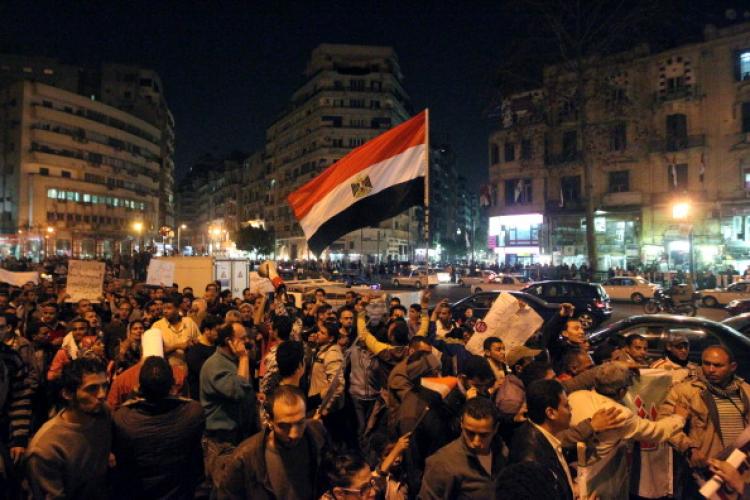Between Zambian President Levy Mwanawasa’s stroke which left him semi-comatose, and international uproar against the “re-election of Zimbawean President Robert Mugabe, the African Union summit held in Sharm El Sheikh earlier this week was certainly full of sound, but sadly not enough fury.
The world was expecting the AU to collectively and unequivocally condemn 84-year-old Mugabe’s one-candidate elections. (Indeed, fearing for his life and for the lives of his supporters, his only opponent Morgan Tsvangirai boycotted the farcical event and fled to South Africa.) But condemnation came from other world leaders and, one brave ITN reporter whose tussle with Mugabe at the summit is all over YouTube.
No one expected Mugabe’s furious reaction when the reporter asked him on what basis he considered himself to be the president of Zimbabwe. Not only did he bark back “Don’t ask stupid questions but he completely lost his nerve. “We are not a British colony, he shouted. “What have the British got to do with Zimbabwe? Who are you, you bloody idiots!
On the video, Mugabe’s security men were practically holding him back, while other security personnel wrestled the reporter away – a missed opportunity for a full-fledged (presidential) fist fight.
It seems Mugabe’s preemptive threat one day before he flew in, to point fingers at African leaders and their own suspect elections if they spoke out against him must have paid off, especially with the absence of his most vocal critic Mwanawasa. Some delegates at the summit told the press that this has hurt attempts to put more pressure on the leader of Zimbabwe’s “thugocracy .
It was thus no surprise that his host and fellow octogenarian President Hosni Mubarak made no earth-shattering statements about neighboring atrocities – something about throwing stones while living in glass houses, one should assume.
On the local front, the media assault on steel tycoon MP Ahmed Ezz continued to make headlines and dominate airtime on popular daily talk shows last week.
A statement published on the Front of Al-Azhar Scholars’ website jabhaonline.org, addressed “shameless monopolizers in a masked reference to Ezz’s alleged monopoly over the steel sector.
Without overtly mentioning his name, the caustic over 1000-word diatribe went so far as accusing the 49-year-old billionaire of denying one of the pillars of Islam, zakat (obligatory alms to the poor) based on the fact that during a TV interview Ezz refused to reveal the size of his fortune. I am certainly no fan of marriages between money and politics, but to come so close to declaring anyone a disbeliever is not only anathema to the spirit of Islam, but, in this case, is entirely baseless since the allegation was not supported by any physical evidence.
The smear campaign against a man whose proximity to the powers that be, specifically Gamal Mubarak, son of the incumbent president and Assistant Secretary-General and Secretary of the ruling National Democratic Party’s Policy Secretariat) prompted unconventional statements by the young Mubarak, who admitted last week that the government has made mistakes.
In another veiled allusion to Ezz and controversial amendments to the anti-monopoly law, which Ezz was accused of manipulating to protect his own interests, Mubarak denied that the NDP was a party of businessmen. He also emphasized that disagreements between MPs and Cabinet were only natural, referring to rumors that Minister of Trade and Industry Rachid Mohamed Rachid had resigned over the law which he was pushing for.
Although the Rafah border opening finally relieved a few hundred stranded Palestinian a few days ago despite a few skirmishes, inside Egypt xenophobia has taken an ugly turn with two incidents we reported on.
One involved Bahai children who were barred from enrolling in school because their identification documents were printed on paper and the religion field was left blank; while the other revolved around an alleged Interior Ministry initiative to train security officers on how to combat Shia ideology that has infiltrated the country through masses of Iraqi refugees.
Within the context of growing sectarian tension between Muslims and Christians, it seems that the constitutional notion of citizenship will continue to be “enshrined on some dusty shelf somewhere – sadly well beyond the reach of those who need it most.
Rania Al Malkyis Chief Editor of Daily News Egypt.

